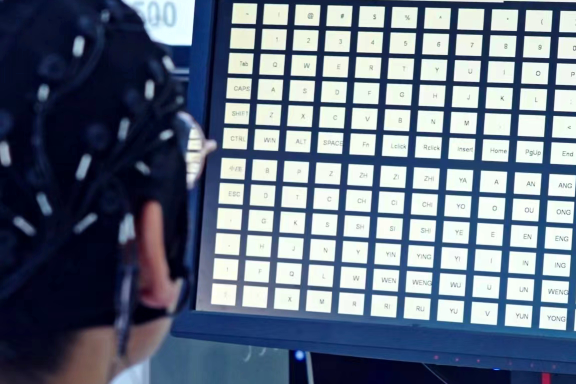
In a major advancement for neuroscience and brain-computer interface (BCI) technology, the world’s first magnetic resonance platform tailored specifically for BCI applications has been unveiled in Tianjin, northern China. According to Xinhua News Agency, the platform establishes a cutting-edge neuroimaging magnetic resonance system designed to accelerate the development of next-generation BCI technologies.
The human brain, with its estimated 86 billion neurons and over 100 trillion synaptic connections, poses immense challenges for researchers seeking to detect and interpret full-brain electroencephalogram (EEG) signals. These signals contain vast amounts of information but are extremely weak, making accurate detection and analysis difficult.
Developed jointly by the Haihe Laboratory of Brain-Computer Interaction and Human-Machine Integration at Tianjin University, Shanghai United Imaging Healthcare, and other research partners, the new platform leverages the spatial-temporal resolution capabilities of advanced magnetic resonance technology. It enables non-invasive, high-resolution in vivo analysis of the entire brain, significantly improving precision in both space and time.
The system can simultaneously perform nuclear magnetic imaging and EEG recording, capturing subtle changes in brain activity with sub-millimetre spatial accuracy and sub-second temporal precision. Moreover, it integrates ultrasound and electrical stimulation technologies to precisely regulate brain activity, linking the regulation process to real-time imaging. This synchronised observation and intervention capability offers researchers a dynamic, three-dimensional view of brain function.
Zhang Qiang, Chairman of Shanghai United Imaging Healthcare, noted that the platform is poised to advance practical BCI applications in medicine and healthcare — including mental health assessment, neurological monitoring, and rehabilitation. The innovation, he said, marks a step forward in moving BCI technology from merely “decoding signals” to truly “understanding the brain.”